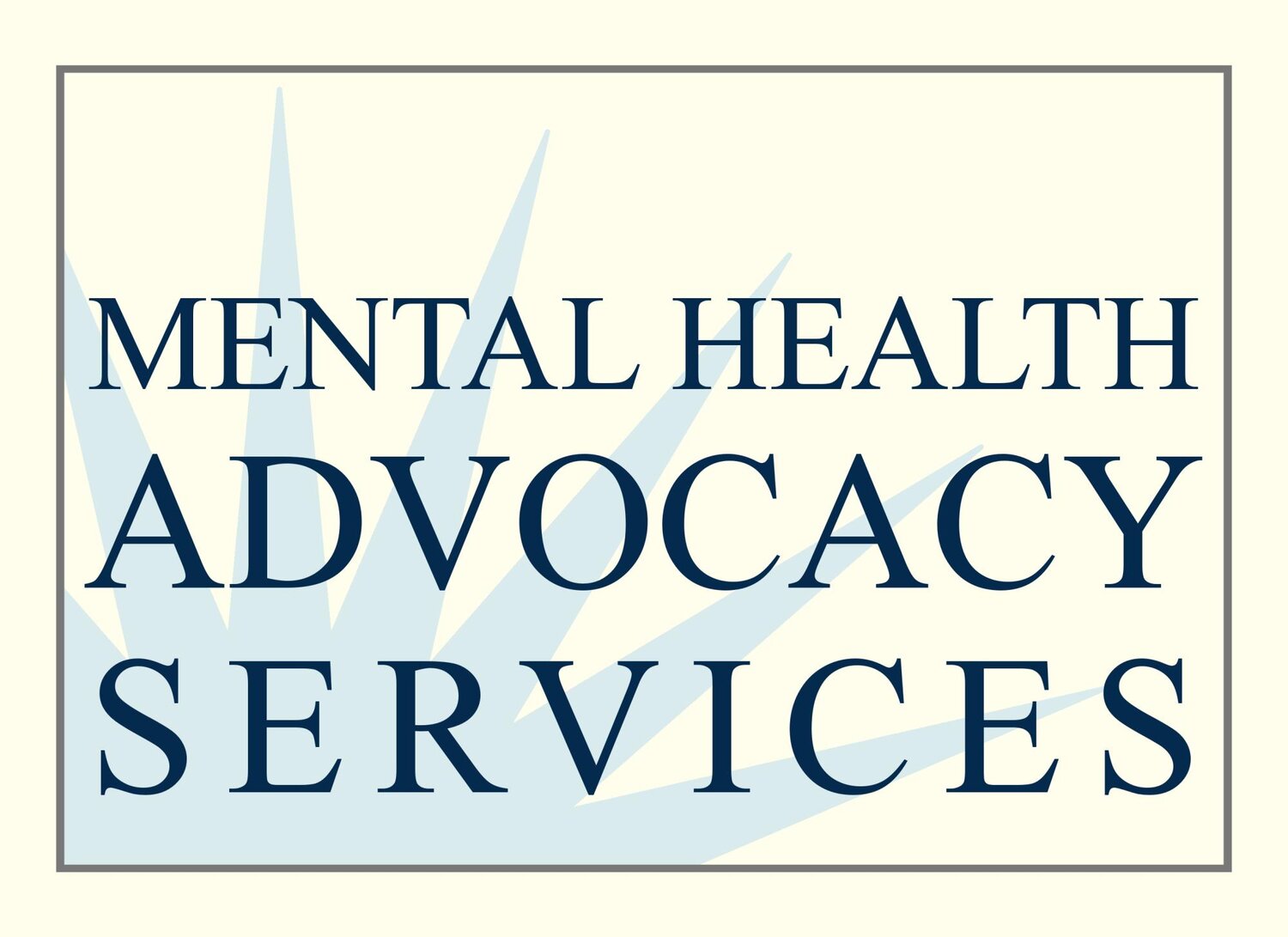Rethinking Our Thanks
by Eliza SchaflerEliza Schafler is an MHAS Equal Justice Works Fellow sponsored by Greenberg Traurig, LLP.
 Thanksgiving is a wonderful opportunity to be grateful for all we have. But giving thanks also can be a way of separating ourselves from one another. “I’m so thankful I have a home,” we might think, “when others are homeless.” Or, “I’m so thankful to be healthy, when others struggle with mental or physical illness.” Especially in our line of work at MHAS, serving low-income clients who come to us at the worst points in their lives, those thoughts come easily.I have experienced these feelings keenly in recent weeks. In one of my cases through our Behavioral Health-Legal Partnership (BeHeLP), I had to tell my client that I would be out of the office for Thanksgiving, when I knew that she could not afford anything resembling a Thanksgiving meal for her children. In another case, I triumphantly informed my client that I had procured a settlement offer that would allow her family to stay in their home through the holidays – and she responded that she wished she could afford to buy Christmas presents. In those moments, it’s easy to feel sympathy for others and be thankful to be spared such hardship. And there’s nothing wrong with that.But that’s not the only way to feel thankful. I am also thankful for all I have in common with my clients – for our shared humanity, our ability to relate to one another and help one another, even our ability to make jokes together outside the courtroom. I can only hope to share my clients’ courage in the face of extreme challenges. For all these reasons, thankfulness can not only highlight our differences – it can bring us together.
Thanksgiving is a wonderful opportunity to be grateful for all we have. But giving thanks also can be a way of separating ourselves from one another. “I’m so thankful I have a home,” we might think, “when others are homeless.” Or, “I’m so thankful to be healthy, when others struggle with mental or physical illness.” Especially in our line of work at MHAS, serving low-income clients who come to us at the worst points in their lives, those thoughts come easily.I have experienced these feelings keenly in recent weeks. In one of my cases through our Behavioral Health-Legal Partnership (BeHeLP), I had to tell my client that I would be out of the office for Thanksgiving, when I knew that she could not afford anything resembling a Thanksgiving meal for her children. In another case, I triumphantly informed my client that I had procured a settlement offer that would allow her family to stay in their home through the holidays – and she responded that she wished she could afford to buy Christmas presents. In those moments, it’s easy to feel sympathy for others and be thankful to be spared such hardship. And there’s nothing wrong with that.But that’s not the only way to feel thankful. I am also thankful for all I have in common with my clients – for our shared humanity, our ability to relate to one another and help one another, even our ability to make jokes together outside the courtroom. I can only hope to share my clients’ courage in the face of extreme challenges. For all these reasons, thankfulness can not only highlight our differences – it can bring us together.
